Graham Reid | | 2 min read
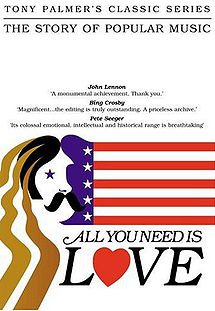
These days there are any number of documentary flms about music: Ken Burns' Jazz series, Martin Scorsese's series about the blues, country music dealt to in Lost Highway, the excellent History of Rock'n'Roll . . .
Individual artists are also getting their due: the Beatles' Anthology; various Elvis docos; Scorsese on early Dylan in No Direction Home; Bogdanovich on Tom Petty and the Heartbreakers . . .
There are docos in the making of classic albums, on punk and hip-hop, on Bob Marley and reggae . . .
But few have been as ambitious as Tony Palmer's extraordinary 17 episode series in '76 which aimed to do nothing less than undertake the story of popular music -- that meant tracing the music from Africa, through ragtime and jazz, Delta blues and Vaudeville, music hall and Tin Pan Alley, musicals and swing, rhythm and blues, country music, folk music to rock'n'roll, the Beatles and Stones, synth music from Tangerine Dream . . .
This is an extraordinary undertaking but even today, 35 years on, it is compelling viewing, not the least for it being that much closer to those early times (ninetysomething Eubie Blake recalling meeting Scott Joplin) but also for allowing Liberace to co-exist with the Beach Boys as being part of "popular music".
So although the closing overs (the Beatles to Mike Oldfield) may be familiar -- although there is remarkable and rare footage -- it is those early days which shine.
Liberace is hilarious. "Remember that bank I was crying all my way to?" he asks his audience. "I bought it."
The series unearthed previously unseen footage of Charlie Parker and Woody Guthrie (and seldom seen today), tells the tragic and forgotten story of Scott Joplin (known only at the time for the hit The Entertainer), has male impersonators and drag queens in music halls alongside wonderful footage of Edith Piaf, Charles Aznavour and Marlene Dietrich . . .
Here is footage of Billie Holiday, Memphis Slim and Woody Herman; Bing Crosby and Hoagy Carmichael; a very funny clip from a BeeGees concert; Pete Seeger and the young Bob Dylan; Jimi Hendrix and Jethro Tull; Stomu Yamash'ta and muzak . . . all dealt to fairly and without judgement.
Even the footage of the Beatles -- which shows the hustlers cashing in and manager Brian Epstein bewildered, Derek Taylor ("I'd rather talk about something else"), very candid McCartney -- is revelatory at this distance, and despite the thorough telling in the Anthology.
Palmer -- who also did The Wigan Casino doco mentioned in these pages previously -- outdid himself on this astonishingly ambitious, exciting and informative series.
The first episode is all throat-clearing and teasers, and Motown gets largely overlooked . . . but of course these days they have their own documentaries.
From primitive guitar sounds in Africa to the Who, from camp Liberace to Mick Jagger in a pretty frock with a parasole backstage, this doco shone a sharp light into popular music in all its many changing forms. (The promo clip below favours the Sixties but it is about much more than that that much-canvassed era.)
And it came from a time when John Hammond could be described as the man who discovered Billie Holiday and Bob Dylan (but not Springsteen because he was some years in the future) . . . and Michael Jackson and the pure marketing of popular music hadn't yet turned art into commerce for the kids.
"This whole thing is a wonder," says the late Carl Wilson of the Beach Boys. "We're sitting in a room and making a film and doing an interview . . . . and it started when we went into a room and sang and it got on a piece of tape and was on the radio and a lot of people heard it and bought it . . . and we're here to play for people.
"Now if that isn't a wonder . . . jeez . . . it's a mind-blower, isn't it?"
So is this five-DVD set.
Essential winter-night viewing I would think.

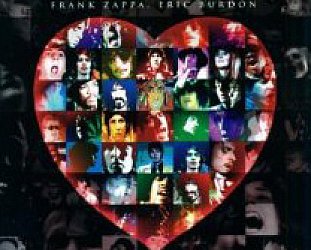
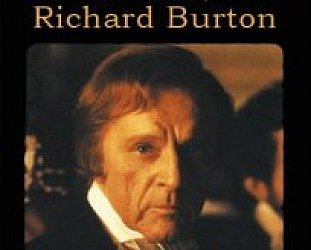

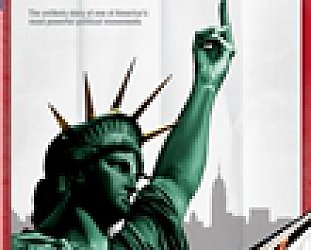
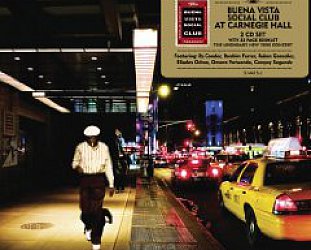
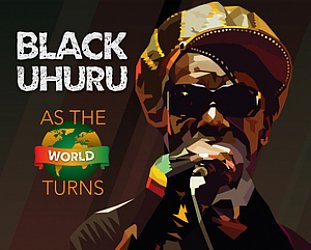
post a comment